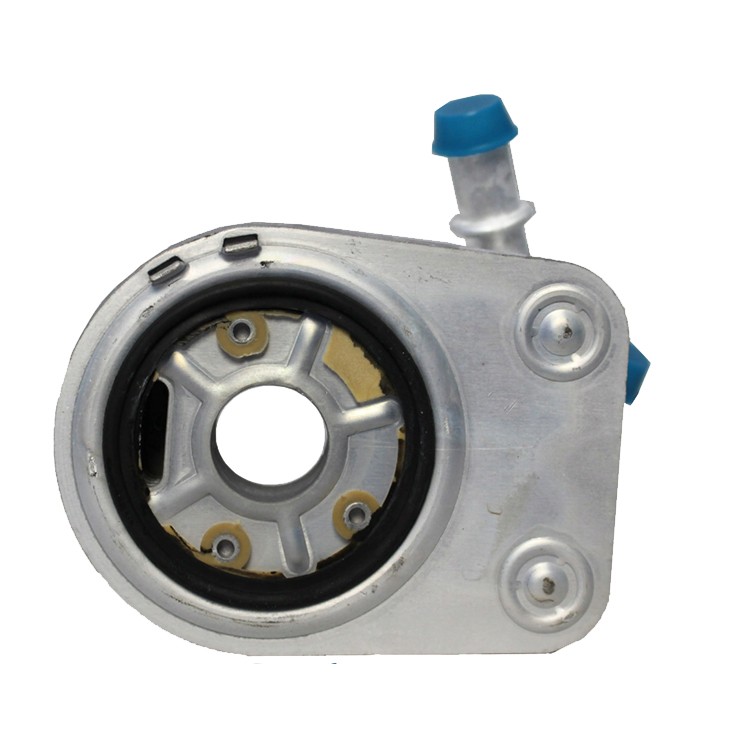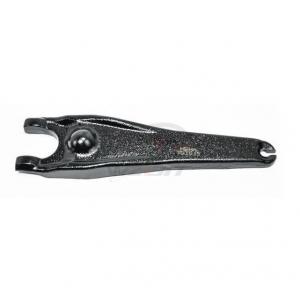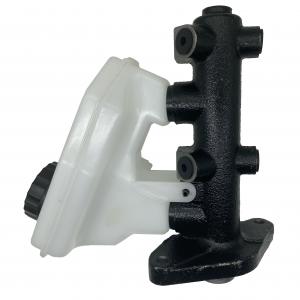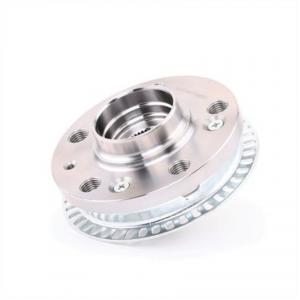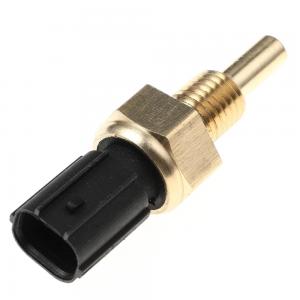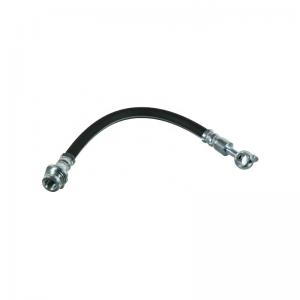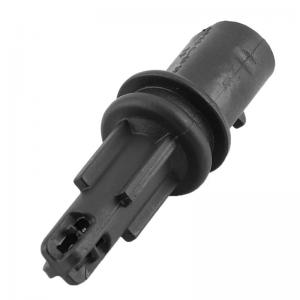Oil Cooler
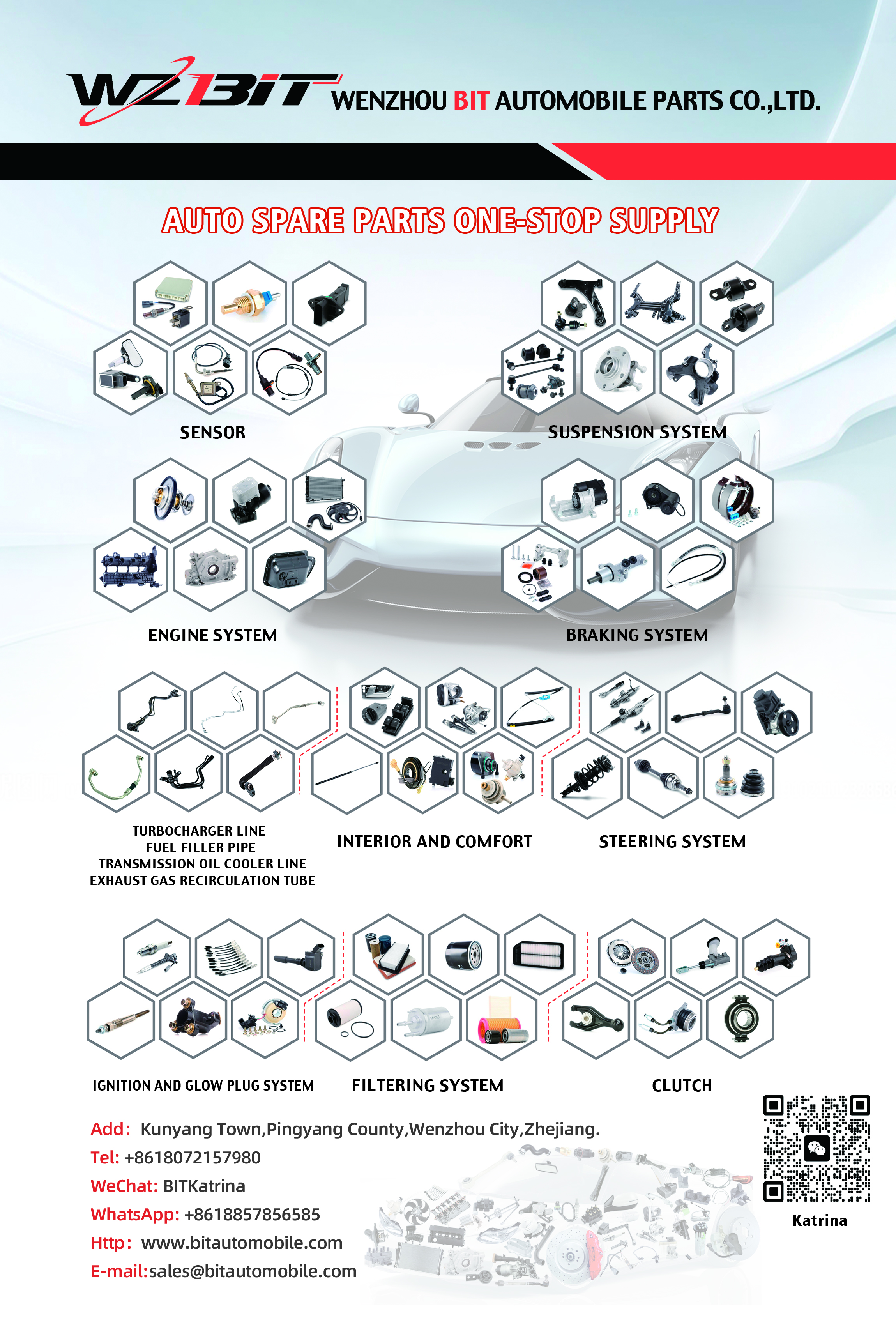
An engine oil cooler is a specialized component designed to cool the engine oil, which helps maintain optimal operating temperatures and ensures efficient engine performance.
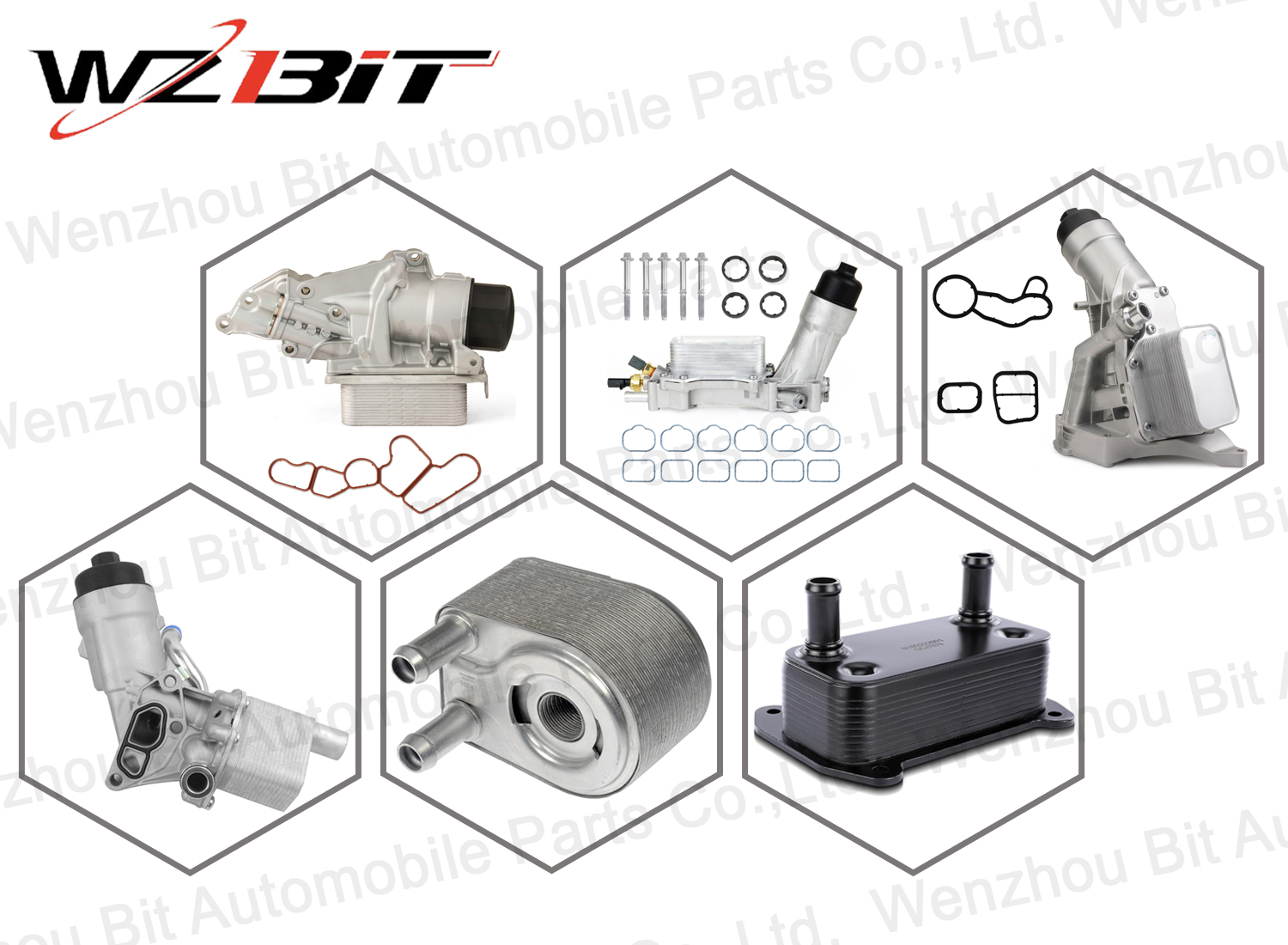
OE Number
60801915
55186217
55180933
Compatible Applications
ALFA ROMEOMITO 147 (937) (2000/11 - 2010/03)
FIAT MULTIPLA (186) (1999/04 - 2010/06)
FIAT DOBLO (223, 119) (2001/03 - /)
FIAT DOBLO Cargo (223) (2000/11 - /)
FIAT STILO (192) (2001/10 - 2010/11)
FIAT STILO Multi Wagon (192) (2003/01 - 2008/08)
FIAT RITMO III (198) (2006/11 - /)
LANCIA LYBRA (839AX) (1999/07 - 2005/10)
LANCIA LYBRA SW (839BX) (1999/07 - 2005/10)
- Function
- Construction
- Cooling Core: Resembles a small radiator with a series of fins and tubes through which the oil flows. Air or coolant passes over the fins to dissipate heat from the oil.
- Inlet and Outlet Ports: These ports allow engine oil to enter and exit the cooler.
- Mounting Brackets: Used to secure the oil cooler to the vehicle's chassis or engine block.
- Types of Engine Oil Coolers
2. Liquid-Cooled Oil Coolers: These integrate with the engine's cooling system, using engine coolant to cool the oil. The oil cooler is often mounted within the radiator or has a separate cooling circuit. Heat is transferred from the oil to the coolant, which is then dissipated through the radiator.
- Operation
2. Heat Dissipation: As the oil flows through the cooler’s core, heat is transferred from the oil to the surrounding air (in air-cooled systems) or to the engine coolant (in liquid-cooled systems).
3. Cooled Oil Return: The cooled oil is then returned to the engine, helping to maintain an optimal temperature for efficient operation.
- Importance
- Performance: Cooler oil helps maintain engine performance, especially under high-stress conditions such as towing, racing, or driving in hot climates.
- Longevity: By preventing oil breakdown and maintaining lubrication, the oil cooler contributes to the overall longevity and reliability of the engine.
- Maintenance
- Overheating: Engine overheating or unusually high oil temperatures.
- Oil Leaks: Visible oil leaks around the cooler or oil lines.
- Reduced Performance: Loss of engine power or efficiency.
- Replacement
In summary, an engine oil cooler is a critical component that helps regulate engine oil temperature, ensuring efficient lubrication and preventing overheating. Proper maintenance and timely replacement are essential for maintaining engine performance, reliability, and longevity.
Send your message to us:




